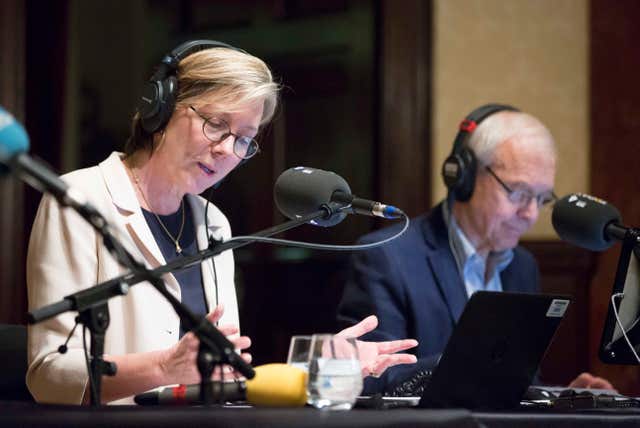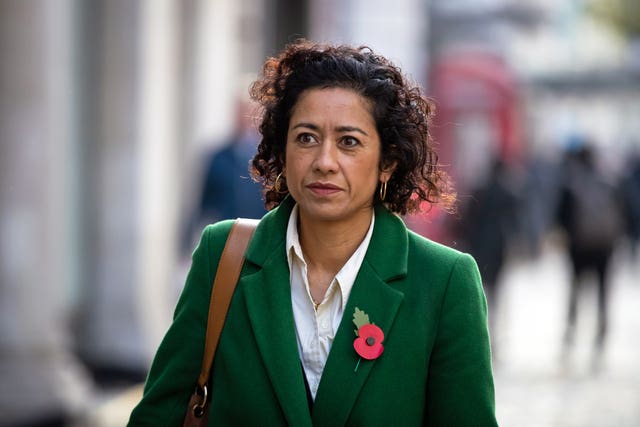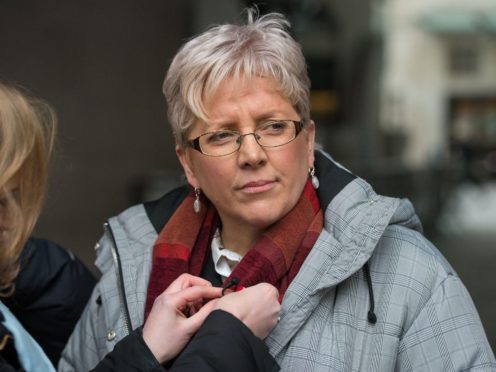The Equality and Human Rights Commission report comes after a torrid few years for the broadcaster over the issue of pay.
Here are the cases that hit the headlines:
– Carrie Gracie:
Carrie Gracie resigned from her position as China editor in January 2018 in protest at pay inequalities.
She was eventually given a full apology by the corporation, and back pay.
The journalist donated the money to gender equality charity The Fawcett Society, to set up a fund for women who need legal advice on equal pay claims.
#BBC my last day on air. After 33 years, time to do something new. Proud of a few things: told the China story, fought for a fair workplace, gave away the back pay I won, wrote the book. But most of all grateful to audiences and brilliant colleagues. THE BEST. I’ll miss you. X pic.twitter.com/Q5wsU58Xbj
— Carrie Gracie (@TheCarrieGracie) August 25, 2020
Gracie told MPs that the corporation treated women who spoke out about pay disparity as “the enemy”.
In the summer, she left the BBC completely, saying that, after 33 years, it was “time to do something new”.
– Sarah Montague

Broadcaster Sarah Montague confirmed in January that she had won a £400,000 settlement and an apology from the BBC over unequal treatment.
Montague, who previously presented BBC Radio 4’s Today programme alongside veteran journalist John Humphrys, said the deal came after a “long period of stressful negotiations” which was triggered after discovering a disparity in her pay and conditions.
She accepted it after being warned that a battle to try to repair the situation could “run into the millions”.
Montague, who now presents the World At One on Radio 4, wrote on Twitter: “I chose not to seek such sums from the BBC but I did want some recognition that they had underpaid me.
“Last year, after a long period of stressful negotiation, I accepted a settlement of £400,000 subject to tax, and an apology from the BBC for paying me unequally for so many years.”
Before the settlement, she said she was “incandescent with rage” and “felt a sap” when she learned that she was being paid far less than her Today programme co-stars.
– Samira Ahmed

In January, Newswatch presenter Samira Ahmed won a sex discrimination equal pay claim against the BBC after taking her case to an employment tribunal.
She questioned why she was paid £465 per episode of Newswatch while Jeremy Vine was paid up to £3,000 for each episode of Points Of View, work she described as comparable.
The corporation had argued that Newswatch was a “relatively niche” programme which aired on the BBC News channel, while Points Of View is “extremely well-known”.
The unanimous judgment said Ahmed’s work was like that done by Vine, and the BBC had failed to prove the pay gap was not because of sex discrimination.
Ahmed and the BBC later reached a settlement.
Ahmed said after winning her claim that “no woman wants to have to take action against their own employer.
“I love working for the BBC. I’m glad it’s been resolved.”
